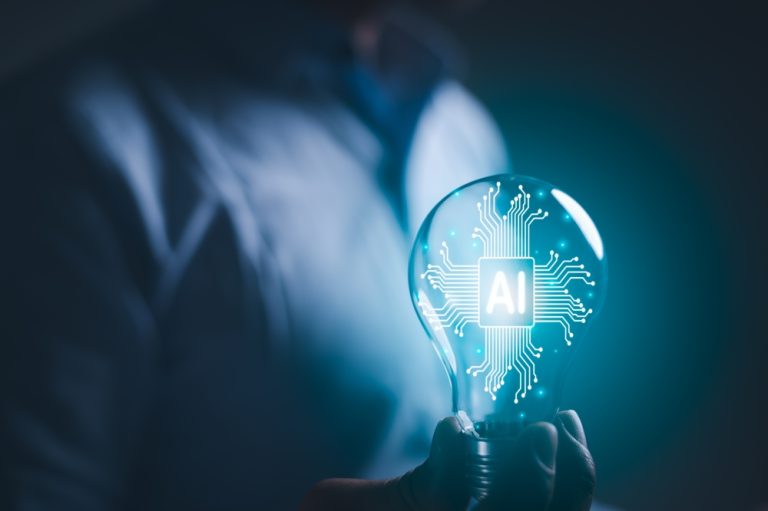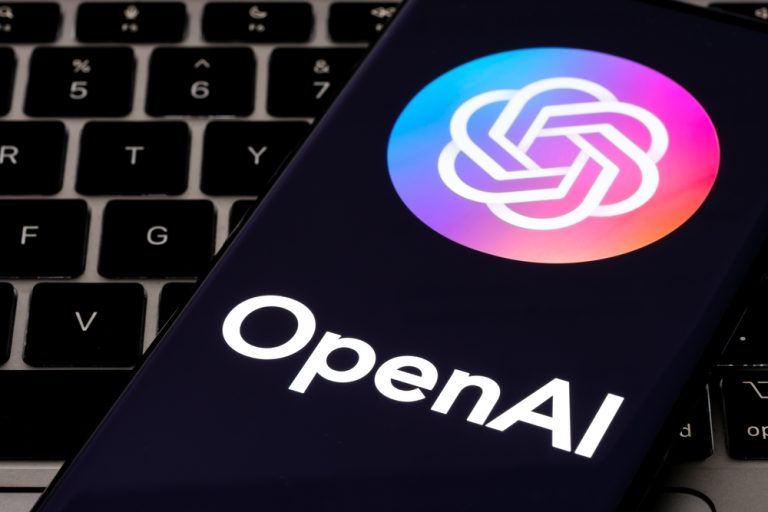In a landmark legal battle, the New York Times has initiated a lawsuit against Microsoft and OpenAI, the organization behind ChatGPT, alleging significant copyright infringement. This lawsuit, filed in a Manhattan federal court, centers around the accusation that millions of the New York Times articles were utilized without authorization to enhance ChatGPT’s capabilities. This case highlights the ongoing tension between traditional media and emerging AI technologies and questions the legal and ethical boundaries of AI learning methodologies.
The New York Times asserts that the infringement by OpenAI and Microsoft has caused a substantial financial impact, demanding “billions of dollars” in damages. The crux of the lawsuit lies in ChatGPT’s ability to “learn” through analyzing extensive online data, including the Times’ articles. This has allegedly led to ChatGPT generating “verbatim excerpts” from the newspaper’s content, bypassing its subscription model and consequently impacting its revenue streams.
A pivotal element of this case is the contention that ChatGPT, supported by Microsoft’s substantial investment, is now a direct competitor to the New York Times as a reliable information source. The lawsuit cites instances where Bing, powered in part by ChatGPT, displayed results from a New York Times-owned website without appropriate attributions or referral links, essential for the newspaper’s income generation.
This legal challenge comes at a tumultuous time for OpenAI, following a period of internal chaos marked by the temporary dismissal and subsequent reinstatement of co-founder and CEO Sam Altman. Moreover, this lawsuit is among several filed in 2023 against OpenAI and other AI firms for similar copyright issues, involving high-profile plaintiffs like George RR Martin, John Grisham, and Sarah Silverman.
The New York Times’ lawsuit against Microsoft and OpenAI signifies a critical juncture in the evolving relationship between AI technology and copyright laws. As AI continues to permeate various facets of information and media, this legal confrontation underscores the necessity for clear guidelines and fair practices in AI development and deployment. The outcome of this case could reshape the landscape of AI technology and its interaction with creative content, setting a precedent for future legal and ethical considerations in the AI industry.
























+ There are no comments
Add yours